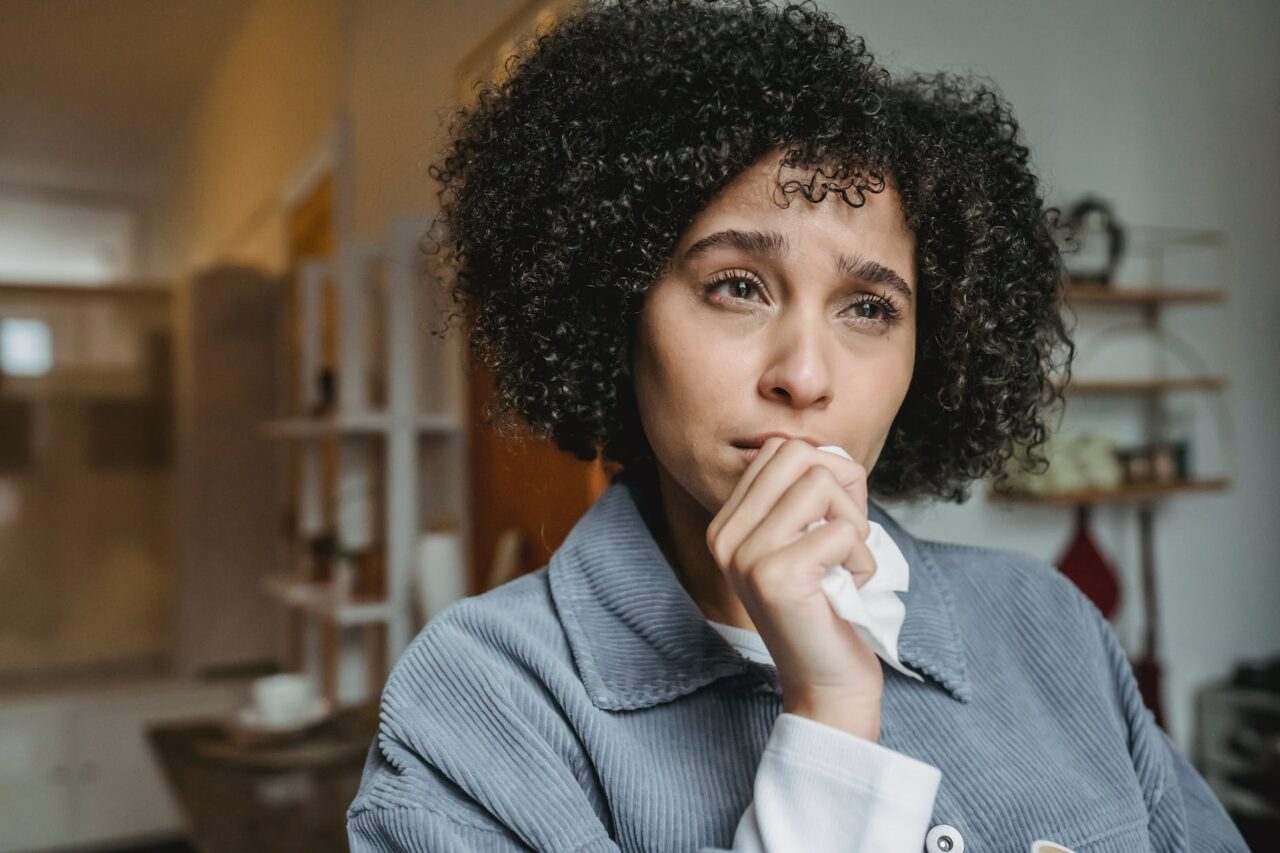Featured
As you may know firsthand, both grief and anxiety can have a profound impact on our mental and emotional health. While they’re distinct feelings, they often overlap and interconnect. When we experience both at the same time, it can be difficult to know where one ends and the other begins.
Learning about the ways in which grief and anxiety are related can help you better understand, process, and cope with your emotional experience.
How Grief and Anxiety are Related
1. Fear of Loss
Both grief and anxiety can involve a fear of loss. Grief inherently involves loss: the loss of a loved one, the end of a relationship, or even the loss of a job or opportunity. This loss can create feelings of sadness, anger, and anxiety.
Similarly, the experience of anxiety also involves loss. We might feel a loss of control, safety, or security when feeling anxious. In this scenario, the two emotions can feed into each other, which can feel intense and difficult to manage.
2. Physical Symptoms
Our minds and bodies are closely connected, so our physical state is often a reflection of our mental and emotional state. Both grief and anxiety can come along with physical symptoms such as difficulty sleeping, loss of appetite, and fatigue.
Sometimes, these physical symptoms can even exacerbate our feelings of anxiety and grief. They can also be a helpful indicator that we need to get support or build in some more self-care.
3. Intense Emotions
Both grief and anxiety are intense emotions on their own. However, they can also evoke other big feelings, like sadness, fear, anger, loneliness, and more. These feelings can be difficult to manage, especially when layered with existing anxiety and grief.
This can lead people to shut down, numb themselves, or spiral into feeling totally overwhelmed. No matter what you’re feeling, it’s important to embrace all of your emotions. This can prevent them from becoming repressed and bubbling up in unexpected ways.

4. Triggers
Certain triggers can bring on feelings of grief and anxiety. For example, the anniversary of a loved one’s death can trigger grief, even when you may have been feeling fine the day before. Similarly, going to a big social gathering could trigger anxiety for some people.
Each person’s triggers are different, but they can all feel intense and difficult to anticipate or control. This can also lead to further feelings of grief and anxiety.
5. Difficulty Concentrating
Both grief and anxiety can make it difficult to focus on everyday tasks. The intense emotions and physical sensations that come along with both feelings can be highly distracting. This is often frustrating, especially if you’re trying to distract yourself from the emotions in the first place.
While it’s not realistic in every setting or scenario, it is important to give yourself some time to sit with whatever emotions come up without trying to push them away.
6. Social Isolation
Grief and anxiety can also lead to social isolation. We might withdraw from our loved ones if we don’t have the energy to interact with them or don’t want to burden them with our emotions.
However, withdrawing from our family and friends can also make us feel even lonelier. Ironically, this may make grief and anxiety even worse.
7. Negative Thought Patterns
Both anxiety and grief can cause negative thought patterns. We might blame ourselves for our emotions, default to thinking of the worst-case scenario, or get stuck in our heads. All of these negative thought patterns (and more) can make it difficult to be present and truly process our emotions.
Why You Shouldn’t Delay Seeking Treatment
Waiting to treat grief or anxiety can have detrimental consequences. Untreated grief may lead to prolonged suffering, hinder the healing process, and potentially develop into complicated grief. Similarly, untreated anxiety can escalate, impair daily functioning, and negatively impact mental and physical health.
Delaying treatment prolongs distress, strains relationships, and increases the risk of maladaptive coping mechanisms such as substance abuse. Seeking timely help allows for early intervention, effective symptom management, and the development of healthy coping strategies.
It promotes emotional well-being, prevents further deterioration, and enables individuals to regain control of their lives, fostering resilience and a path to recovery.
Coping with grief and anxiety
A licensed psychiatrist or therapist can provide invaluable support in navigating grief and anxiety. They offer a safe space to express and process emotions, helping you understand the complex nature of your feelings.
Through compassionate listening and evidence-based techniques, they can help you develop coping strategies and resilience in the face of loss. By addressing underlying anxiety, they can teach you skills to manage anxious thoughts and promote overall well-being.
Their expertise guides you in exploring your grief, finding meaning, and gradually moving towards healing, empowering you to regain control over your life and restore emotional balance.






























